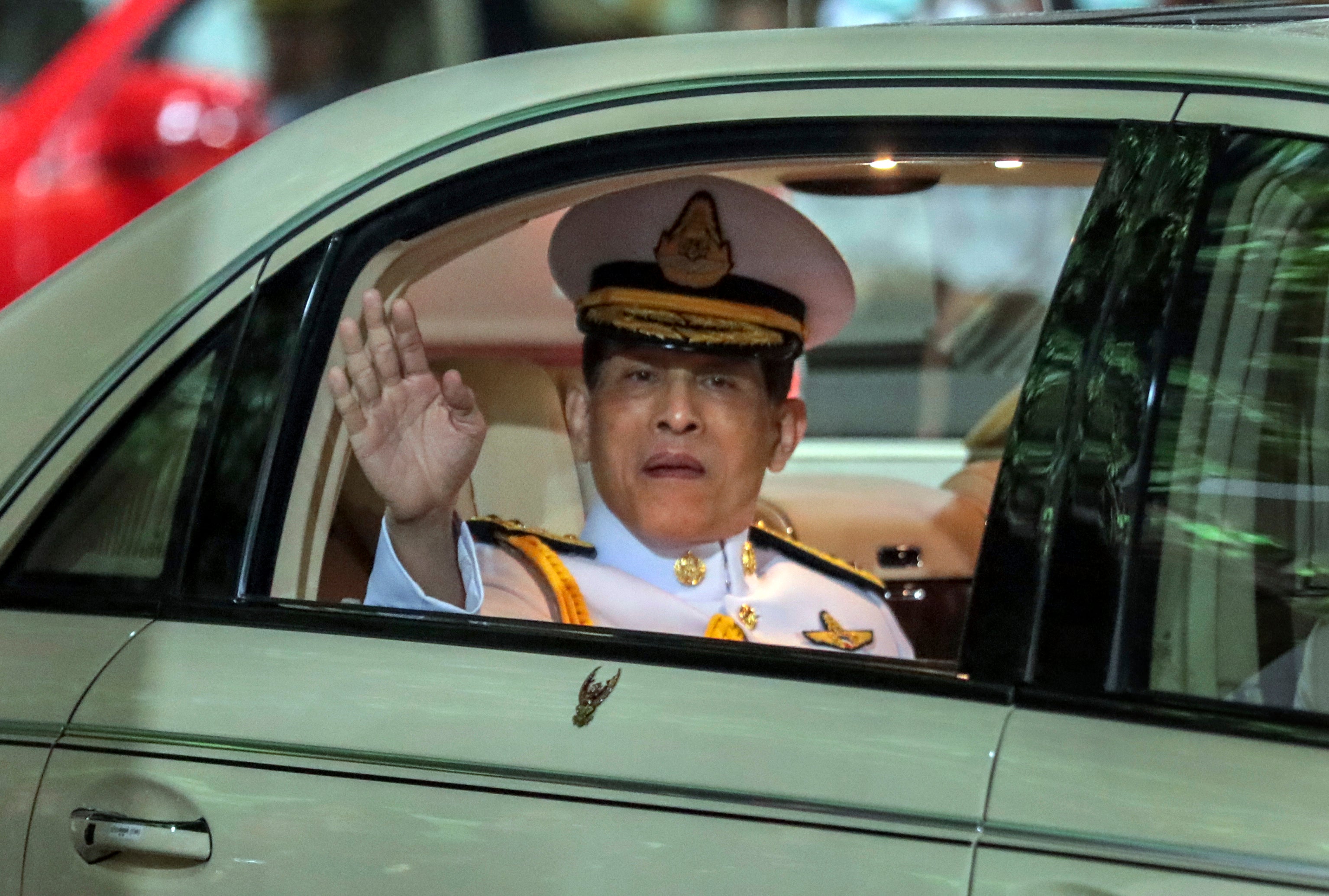Some Thai students choose protest option at graduation
For a second straight day, many university students in Bangkok have boycotted a graduation ceremony attended by Thailand’s king and queen, as part of an unprecedented push for reform of the monarchy

For a second straight day Saturday, many university students in Bangkok boycotted a graduation ceremony attended by Thailand's king and queen, as part of an unprecedented push for reform of the monarchy.
A small group of royalists welcomed King Maha Vajiralongkorn and Queen Suthida when they arrived at the university. But some students lined up to be photographed receiving their degrees, not from the king, but from cut-outs of noted critics of the monarchy.
It may have been tongue-in-cheek, but the police presence on campus and on the river at the back of Thammasat University showed the concern of the authorities that some students might stage a stunt to embarrass the royal couple.
Many students, though, chose a different kind of action to support the reform campaign, by refusing to attend the ceremony.
“No one can order you to attend or not attend the ceremony,” said 23-year-old Natarada Charoensuthipan, who was one of those boycotting. “So I think this is one way to express your political stand peacefully.”
Nattanan Wutthijinda, a 24-year-old political science student, said more than 100 fellow students in her faculty had joined the boycott, though there was no way to confirm the claim.
“I decided not to attend, but the news surrounding the protests cemented my decision. I couldn’t accept what happened. It’s a violation of people’s rights,” Nattanan said.
Protesters have been staging almost daily pro-democracy demonstrations around the country, which the authorities have sought to discourage. Efforts to keep them off the streets by declaring a state of emergency and censoring the media quickly failed and had to be withdrawn.
The student protests began as a call to hold new elections, amend the constitution and stop intimidation of political activists.
But unexpectedly, some also openly called for reform of the powerful monarchy. That extraordinary demand for checks and balances to make the royal institution more transparent and accountable has increasingly taken center stage and raised the political temperature dramatically.
It has deeply angered conservative Thais and broken a taboo, since the monarchy is considered sacrosanct and tough laws protecting it from insult mean its role is not usually discussed openly. It has also raised the risk of confrontation in a country where calls for political change have a history of being met with military intervention or even violence.
Saturday’s event proceeded without incident. Though many students stayed away, many others attended. Family members watched on monitors from outside the hall as the king handed out the degrees.
The protesters' teased promise of a big surprise timed to coincide with the king’s presence turned out to be just an address on Facebook by royal critic Pavin Chachavalpongpun, an academic in self-exile in Japan.
Bookmark popover
Removed from bookmarks